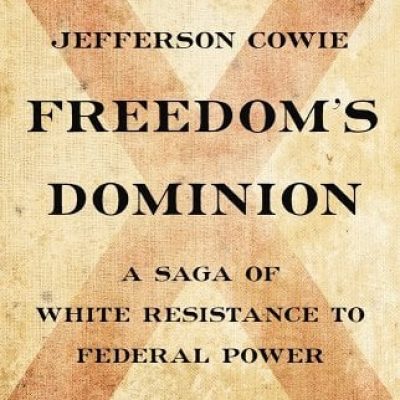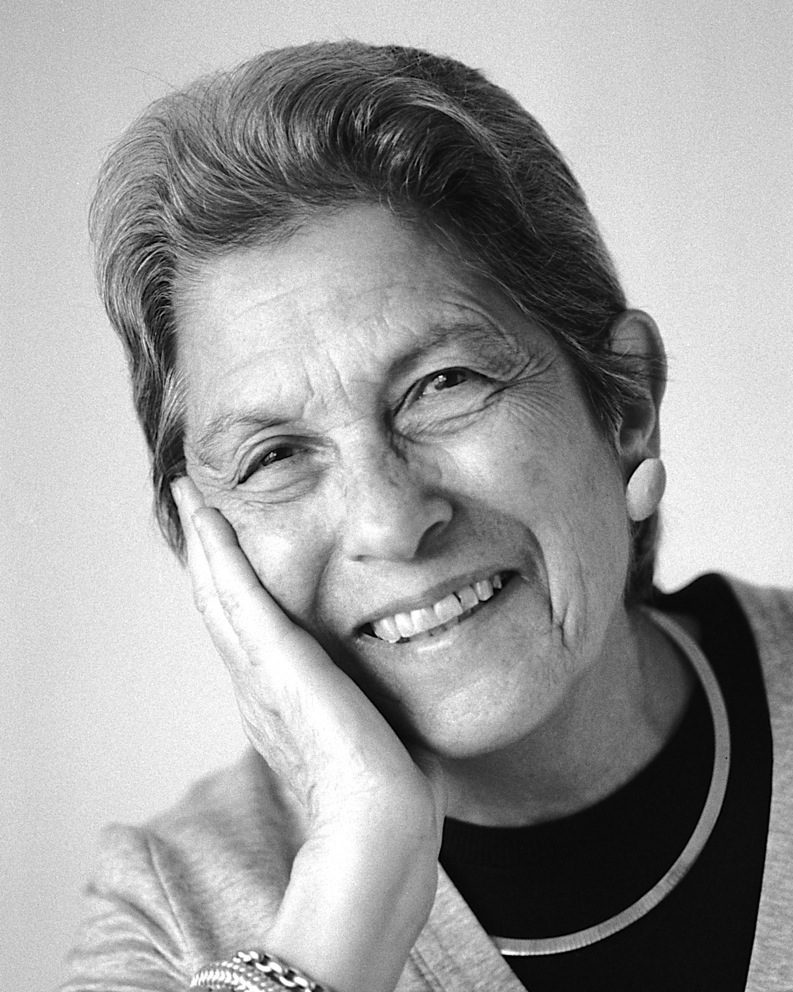Details
Article
On January 23, 2023, Humanity in Action Executive Director Judith Goldstein published a letter to US Fellows and Senior Fellows, focusing on the ongoing ideological controversies in the field of history, and how the term “freedom” is used and misused by political actors within the field. Below is the letter, published in its entirety:
It seems that the times are not good for historians in the US. A headline in the New York Times on January 9, 2023 set the tone: “As Historians Gather, No Truce in the History Wars: At the annual meeting of the American Historical Association, the raging battle over how to write about the past — and why — was uncomfortably front and center.” A few days later, the Times opinion page featured another lament about historians. Daniel Bessner’s piece gave no quarter: “This is Actually the End of History.” The first piece mainly described the ongoing conflicts within the profession over inclusion — the belated attempts to capture the invisible and neglected histories of minorities; the second, the paucity of positions for historians and reliance on adjunct teachers with poor pay.
Both articles described the frailties of a discipline in the currents of ideological controversies. Historians are confronted with a canon based on biased, inadequate narratives that sanctified part of the population and ignored and denigrated others. The response has been intense as politicians, parents and educators demand a patriotic, traditional rendering of American history. Florida is just one of many states that refuses to recognize and accept many new important interpretations of African American, LBGTQ and Native American history as part of the curricula for students in the state.
As with so many contemporary aspects of American life and culture, liberal historians are charged with facing issues of equity, race and racism in the face of this backlash. Backlash, however, is a complex and often misunderstood term. According to Lawrence B. Glickman, writing in the book Myth America, backlash is a significant misnomer. “More accurately,” Glickman writes, backlash must be “understood as persistent, not episodic, backlashes are the continuous — long-term and ongoing — attempt by white conservative reactionaries to stand in the way of Black people’s demands for equality. Indeed, it was this pattern of white opposition that made African American campaigns for equality necessary in the first place.” (P. 213-214)
In recent months, James H. Sweet, President of the American Historical Association ignited a controversy months before the organization’s annual meeting. In the midst of polarization in the profession, he presented questions about the nature of “good history” which would expose “history wrongs” both in fact and in historical interpretations. Sweet asked a compelling question: what do historians owe in the process of rectifying history? His answer: there are no answers; historians can only try to provide “as full a rendering of the past as our sources allow.”
Despite the laments and frustrations in the field, this can be done! Let me recommend one recent study that does just that: Freedom’s Dominion: A Saga of White Resistance to Federal Power by Jefferson Cowie, an historian at Vanderbilt University. The study is one of intellectual and moral fury at the assumption by whites of power in Barbour County, Alabama county over hundreds of years. Cowie starts with the foul expulsion of Native Americans from Barbour County in the early 19th Century. The narrative moves ahead to describe the horrors of slavery deep in the cotton belt; Jim Crow laws; the exclusion of Blacks from New Deal benefits; and resistance to desegregation and voting rights under the racist spell of George Wallace. Cowie’s rich narrative focuses on individuals, actions, events and impact. This is solid and ambitious history.
But the Vanderbilt historian has a deeper message to convey. He exposes the use and misuse of freedom — a particular ideological and cultural American trope. Freedom, in Cowie’s history, means freedom for some imposed on others through violence, economic deprivation and political impotence. In Barbour County, as was the case throughout the South and other parts of the country, white male Christians took ownership of the aspirational constitutionally-based concept of freedom. Freedom for Barbour County meant blocking the federal government from extending freedom to the Indigenous, Blacks and lower class white populations. As Cowie writes, violence, in the name of freedom, took over the US Capitol on January 6, 2021.
“Freedom,” Cowie wrote, “has always been a contested, messy, and ill-defined concept, of course, but it is crucial to recognize that the anti-statist, white power vision of it is not an aberration but a virulent part of an American idiom.” (P.413) That belief is embedded in American thoughts and identity. It forms the foundation for a pervasive intertwining of American nationalistic/religious/
The American fight today is not over persecution of the white, male Christian/Evangelical population. It is a fight over freedom which, according to Cowie in Freedom’s Dominion, must allow people “to engage in civic and political life… the freedom to enjoy individual rights and liberties,” and the freedom “to disentangle from the tale of domination.” (P. 415.) The escape from a set of historical imperatives based on white, male, Christian dominance is the work of historians such as Carol Anderson’s explorations in the Humanity in Action/Bertelsmann Foundation film I, Too. But not just those in the profession. Despite what Sweet wrote about no answers and no ways of enlisting in the rectification of history, Cowie proves the opposite. Tales and narratives must be discovered and told anew by all of us, especially in Humanity in Action, to illuminate the ideals of an inclusive freedom based on respect and equity.


